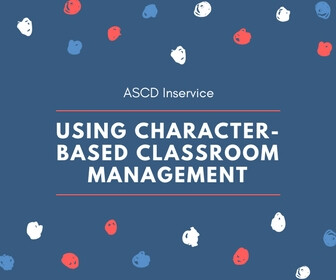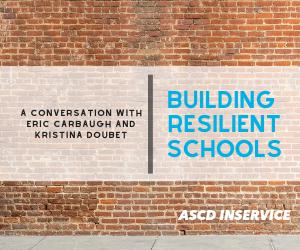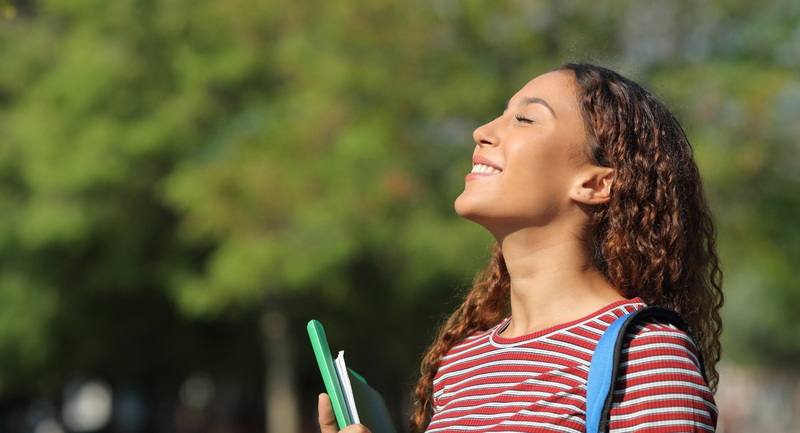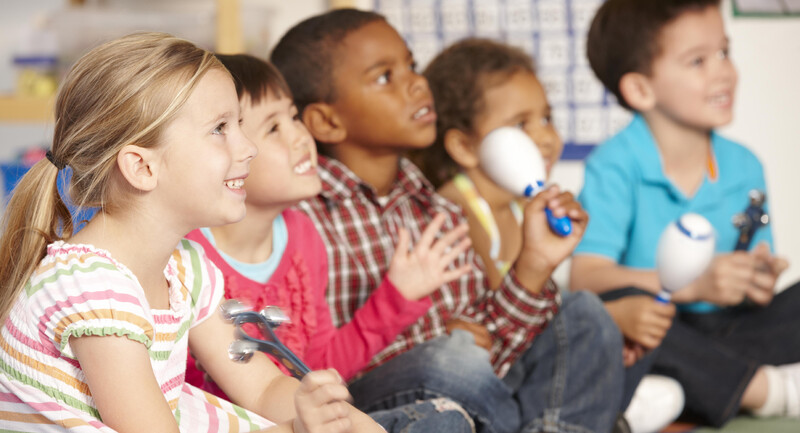As we approach the Conference on Teaching Excellence in Orlando, Florida June 25 to 27, ASCD asked conference presenters to answer questions about their sessions. This Q&A features Lourdes Alvarez-Ortiz and Debbie Zacarian, longtime educators and co-authors of Teaching to Strengths: Supporting Students Living with Trauma, Violence, and Chronic Stress. Learn more about CTE 2019 here.
Describe your session and what educators will take away from it.
Lourdes Alvarez-Ortiz and Debbie Zacarian: Half of all students in the United States have experienced serious childhood trauma, according to the National Survey of Children’s Health. This alarming statistic requires schools and educators to ask the important question: How can we better support these students and their families?
Instead of looking at what is “broken” in the lives of these students, we use practical evidence-based teaching and leadership practices focused on seeing, acknowledging, and capitalizing on the many assets these students and their families possess inherently or have developed as a result of experiencing adversity.
Participants will leave the institute able to:
- Collaboratively examine key elements and characteristics of a strengths-based instructional and school community, family-school partnership, and community-school partnership approach with students and families living with adversity;
- Use practical evidence-based tools and protocols; and
- Develop plans that can be put into immediate practice with this epic population.
How and why did you become an educator? What drew you to working with students who have experienced trauma, violence, and chronic stress?
Debbie Zacarian: Shortly after beginning my career in public education, I was working with a group of unaccompanied refugee minors who had fled a civil war in their home country. I found (and still find) the courage, strength, and resilience they demonstrated to be profoundly remarkable, especially when it is supported with an instructional approach that intentionally identifies and draws from the many assets that they possess. It led to doctoral studies in educational research, policy, and administration about students and families from culturally, economically, and linguistically diverse populations, three decades of combined experience as a district leader, college faculty, educational service agency program director, and forming a consulting firm focused on finding sustained solutions in strengthening student achievement and outcomes.
Lourdes Alvarez Ortiz: As a bilingual and bicultural school psychologist, I have had the opportunity to work with diverse populations in urban school districts and inner-city public schools. I have seen firsthand the extreme challenges, including trauma, violence, and chronic stress, that many of our youths and their families face on a daily basis. Throughout my professional career I have addressed these challenges by implementing prevention and intervention strategies that foster students’ and families’ emotional well-being and empowerment, and by providing guidance and support to educators and others who serve them. At the center of my work is the relentless pursuit of empowering students, families, educators, and communities to see their personal assets and capitalize on their potential.
What should teachers working with students who have experienced trauma know?
LAO and DZ: In every classroom across the United States, there are students living with adversity. This reality requires all educators to possess a depth of understanding about the critical importance of using of a strengths-based approach that acknowledges the adversity that students and families experience and places as much emphasis or more on the wealth of personal assets and strengths that students and families possess inherently or have developed as a result of facing adversity.
How should teachers go about focusing on the assets that students who have experienced trauma bring to the table?
LAO and DZ: Focusing on the assets that students bring calls for teachers to embrace a theory of change that states the following: when we believe every human being is valuable and possesses many strengths…. then we intentionally look for these strengths and support individuals in using them for their personal growth.
Building on CTE’s theme this year, what does a resilient school look like for you?
LAO and DZ: A resilient school is one that:
- provides a learning environment where all students and families feel emotionally and physically safe, that they are an integral member of their classroom and school communities, valued, and competent.
- strives to find sustained solutions in achieving social justice and equity by continuously focusing on removing barriers that prevent students and families from becoming the best version of themselves.
Learn more about supporting students living through trauma, violence, and chronic stress by attending Lourdes Alvarez-Ortiz and Debbie Zacarian’s presentation at CTE on June 25 at 9:45 a.m.








